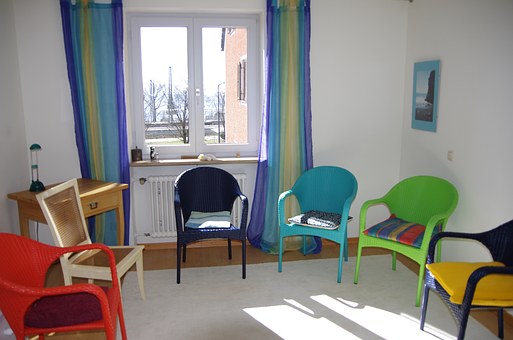According to RAINN, the largest anti-sexual violence organization in the US, one out of every six women have been the victim of sexual assault, fifty-four percent of sexual assault victims are under 34, and every 98 seconds an American is sexually assaulted.
The office for National Statistics reports that one in five of all women in England and Wales will have been the victims of sexual assault since the age of 16. This is the equivalent to an estimated 3.4 million female victims and 631,000 male victims. A shocking eighty-three percent (5 in 6 victims) of adult victims do not report experiences of sexual assault to the police. These statistics do not take into account the estimated 2.0 million adults aged 16 to 59 who experience domestic abuse each year.
According to UK Children’s Charity, NSPCC, one in 20 children in the UK have been sexually abused, one in three children are sexually abused by an adult and did not report it, and 2,800 children were identified as needing protection from sexual abuse in the years 2016 to 2017.
These numbers are not only extremely shocking but speak of a wider and growing problem with domestic sexual abuse, rape, child sexual abuse, incest, and more, that permeates around the globe. This epidemic creates a number of challenges for local authorities, humanitarian organizations, and the very fabric of society.
The effects of trauma-based experiences, if not dealt with, can last a lifetime and some victims of sexual assault will experience debilitating symptoms that can interfere with daily life. The good news is, there is light at the end of the tunnel should you seek it.
What You Can Do
Recovering emotionally from disaster can be a long journey, but with time and perseverance one can overcome the emotional, physical, and psychological trauma caused by sexual abuse. Understanding the raw emotions and responses that follow traumatic events can help support healing and recovery, and offer coping mechanisms for difficult thoughts and behaviors. Seeking psychological intervention can be effective in preventing and dealing with existing long-term effects, as well as helping you on the path to recovery.
Support Group for Survivors of Sexual Assault and Abuse
Beijing United Family Hospital (BJU) Psychologist Dr. Bojun Hu has initiated a support group for women survivors of rape, sexual assault, and childhood sexual abuse and incest. The small groups of eight to ten people will facilitate therapeutic discussion centered on the following:
- Managing disclosure
- Emotional regulation
- Self-esteem and body image
- Intimacy and sexuality
- Seeking support
- Self-care

This group will be completely confidential and is aimed at supporting women to cope with feelings such as grief, fear, loss, shame, self-blame, and anger. Together survivors of sexual abuse will be given the tools to start healing and issues regarding, power, control, body image, trust, intimacy, and well-being will be tackled using in-depth discussion and yoga practices.
The sessions will be a place for women to strengthen their cognitive and emotional processing, relax, and reconnect the mind and the body. This group will be a source of hope, comfort, and an opportunity for women seeking support to unite with other sexual abuse survivors as they usher in an era for power, autonomy, and wholeness.
To sign up please email fc-rec@ufh.con.cnto express your interest in joining the group or to ask any questions you may have. Female Adults. RMB 600 (per 1.5hr session). RMB 1,200 (mandatory one-hour pre-group interview). March 21 – May 9. Thursdays 6pm-7.30pm. United Family New Hope Clinical Center, 9-11 West Jiangtai Road, Chaoyang District (www.ufh.com.cn/ 5927 7120)





